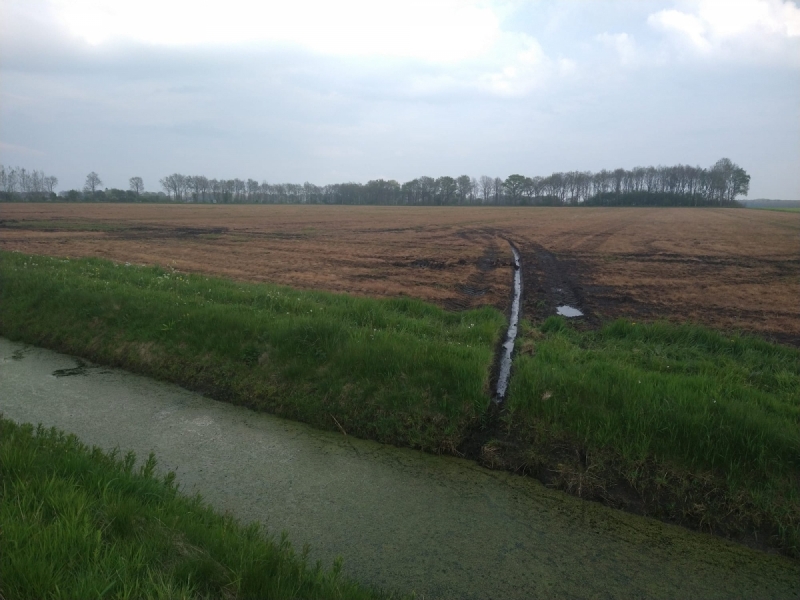A coalition of 46 organisations is calling on the Flemish, Walloon and federal governments to impose a total ban on glyphosate in an open letter. They want to protect citizens, farmers and the environment from exposure to the risky substance.
The use of glyphosate has already been banned in Belgium for private individuals since 2018. The 46 organisations, including all health insurance funds, UNICEF Belgium, environmental and agricultural organisations such as Bond Beter Leefmilieu and BioForum, and health organisations such as the Flemish Parkinson's League and Kom op Tegen Kanker (Stand Up Against Cancer), are now calling for a total ban.
Is Belgium following the citizen or the pesticide lobby again?
Glyphosate is best known as the active ingredient in the pesticide Roundup. The drug was released in the 1970s by multinational Monsanto and became wildly popular. Forty years later, complaint cases against the manufacturer are raining down. The debate about the harmfulness of glyphosate has raged for years.
This year, European member states are due to vote on renewing glyphosate's licence. In 2017, when an extension was also on the table, more than 1 million European citizens said they were in favour of banning glyphosate. The then Belgian agriculture minister, Denis Ducarme (MR), also voted to phase out glyphosate. Meanwhile, the risks of the substance only became clearer. Its use was banned for Flemish citizens in 2018, the Belgian High Health Council highlighted the need for a "controlled, planned and progressive phase-out of glyphosate in the interest of public health" and Germany announced a total ban in its latest coalition agreement.
Risks to health and biodiversity
Glyphosate is found just about everywhere. In the latest measurements on the presence of pollutants, glyphosate was detected in 23% of Walloon participants, in Flanders even in 42% of young people. Moreover, those living within 2 kilometres of an agricultural zone were found to have more glyphosate in their bodies.
"There is serious evidence of the health impact of glyphosate. People who are exposed to higher doses of pesticides over long periods of time, such as farmers, are on average more at risk of Parkinson's disease, according to a growing number of studies. As a precaution, the product should therefore be banned for professional use as well," clarified Annick Hirschböck, coordinator of the Flemish Parkinson's League.
This year, Europe must decide whether the weedkiller can remain in use based on a new risk assessment. The signatories are asking policymakers to take responsibility by voting against renewing glyphosate's licence, and also provide more support towards a farming system with fewer pesticides.
